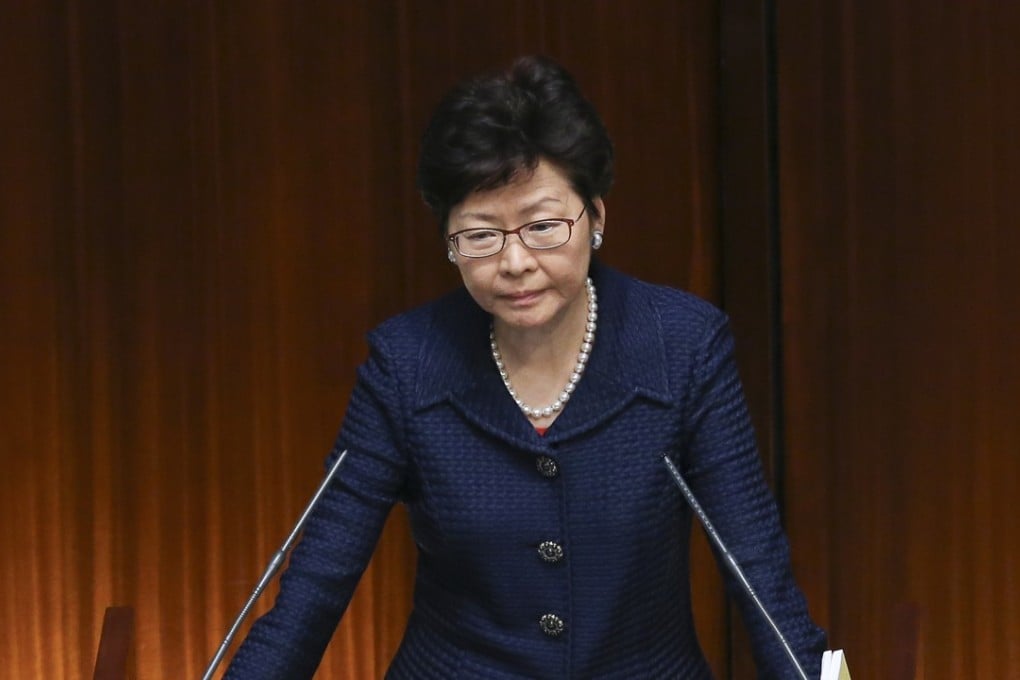Sub-degree programmes in need of revamp
Hong Kong should follow Germany’s lead by focusing on skills-based education that will equip students for the modern job market

When Chief Executive Carrie Lam Cheng Yuet-ngor honoured a pre-election pledge to inject an extra HK$5 billion into education, the sub-degree programmes intended to be a stepping stone to higher education for students unable to gain university entry were a glaring omission from the new financing.
This raised questions about their future. Doubts were eased by extra funding support in the last budget, seen as an important gesture of support by the government.
Now these programmes are the subject of a report card by the task force reviewing self-financing post-secondary education, which consulted parents, schools and students.
38 Hong Kong pupils bag full marks on International Baccalaureate exams
The task force says such qualifications still have a place in Hong Kong, but the institutions awarding them should be more tightly regulated. It found the more academically focused associate degree more useful than the skills-focused higher diploma.
Holders of both can apply to enter the third year of a four-year bachelor’s degree programme. In the 2016-17 academic year, about 62,000 students were enrolled in these sub-degree programmes offered at 20 institutions, including private ones and self-financing arms of government-subsidised universities.
If demand in the job market for graduates of these programmes is any guide, there have to be concerns whether further financial commitment amounts to throwing good money after bad.
That may not have seemed the case when the first chief executive, Tung Chee-hwa, introduced sub-degree education during an economic downturn. Alas, these students have found little demand among employers.